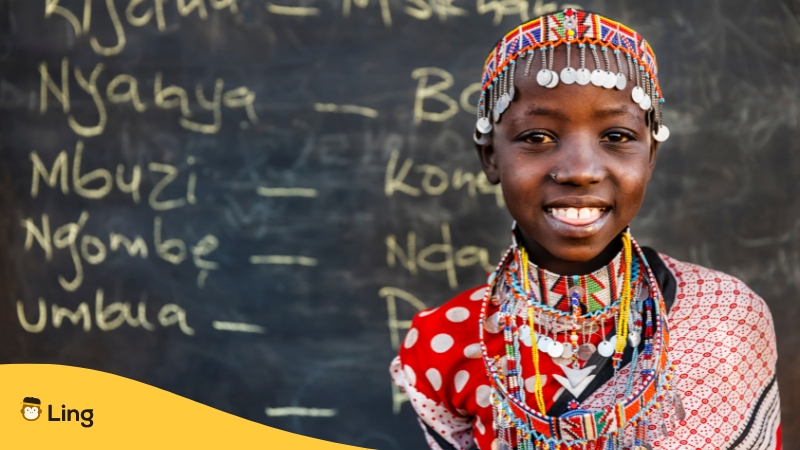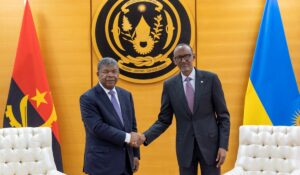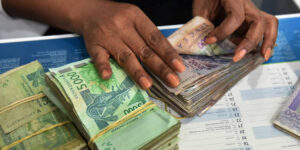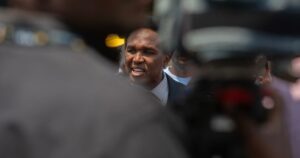“This is an important step in promoting the international use of Swahili, allowing African countries to communicate in their language rather than in post-colonial variants,” Zlatoverkhovnikova told Sputnik Afrique.
The rise of Swahili as a “potential beacon of African identity” marks a crucial step in dismantling colonial legacies and empowering African nations to communicate on their terms, she added.
Swahili is spoken by over 200 million people across Africa and the Middle East. It holds official language status in Tanzania, Kenya, Uganda, and Rwanda.
Additionally, it is widely spoken in several provinces of the Democratic Republic of Congo (DRC) and parts of Mozambique, Somalia, and Zambia. An associated dialect, Comorian, is spoken in the Comoros archipelago.
The promotion of Swahili reflects a broader movement across Africa to elevate local languages and diminish the dominance of colonial tongues such as English, French, and Portuguese. This linguistic shift is seen as a vital component of reclaiming cultural heritage and fostering national unity.
In recent years, governments and educational institutions in several African countries have increased efforts to incorporate Swahili into school curriculums, media, and official communication. These initiatives are designed to strengthen cultural pride and enhance mutual understanding among diverse ethnic groups.
“Swahili serves as a unifying force across East Africa,” noted Zlatoverkhovnikova. “It bridges communities and promotes regional integration, which is essential for economic and social development.”
The increased use of Swahili is also seen as a way to bolster African identity on the global stage. By prioritizing their languages, African nations can assert greater influence in international affairs and challenge the dominance of Western cultural norms.
Supporters of this linguistic renaissance argue that local languages are key to preserving Africa’s rich cultural tapestry. They believe that promoting indigenous languages will help future generations connect with their heritage and foster a sense of pride and belonging.
Critics, however, caution that the transition from colonial languages to local ones must be managed carefully to avoid disrupting education systems and international communication. They emphasize the need for comprehensive strategies that balance the benefits of linguistic diversity with practical considerations.
As Swahili continues to gain traction, its role as a symbol of African empowerment and cultural resurgence becomes increasingly evident. The language’s growing prominence is a testament to Africa’s determination to reclaim its narrative and forge a future grounded in its values and traditions.
The celebration of World Swahili Day underscores this commitment, showcasing the vibrancy and resilience of African cultures. As Swahili takes center stage, it serves as a powerful reminder of the continent’s rich linguistic heritage and its potential to shape a more inclusive and equitable global order.




